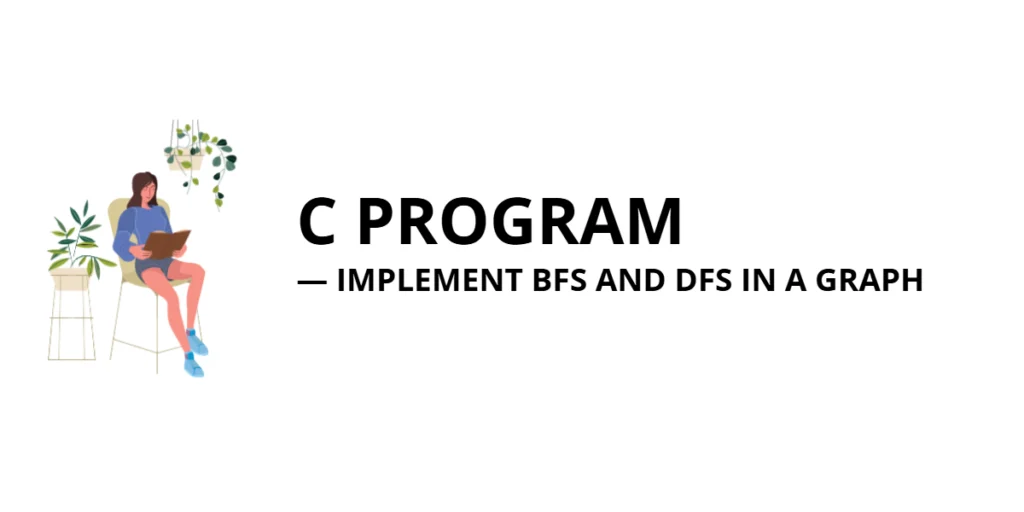C++ Program to Add Two Numbers
Learning C++ can be a lot of fun, and one of the very first things beginners often do is write a program to add two numbers. It may sound simple, but this small task teaches some of the most important programming skills, like handling input and output, performing arithmetic, and working with variables. Adding numbers […]
C++ Program to Add Two Numbers Read More »









